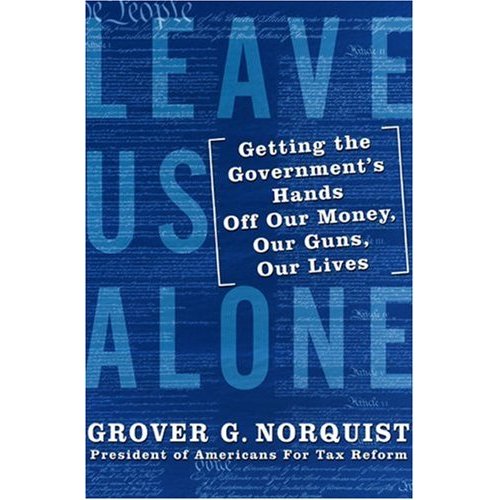 The following is edited from an email I sent to Paul at Right Side of the Rainbow in response to his post on the Morse v. Frederick (Bong Hits) case. I thought I'd share with you.
The following is edited from an email I sent to Paul at Right Side of the Rainbow in response to his post on the Morse v. Frederick (Bong Hits) case. I thought I'd share with you.I will first admit that I have only just skimmed the Court's Opinion, though I have read more carefully Judge Kleinfeld's, now reversed, 9th Circuit Court decision, which I found quite illuminating. Kleinfeld carefully examines whether the Morse case most properly fits under Fraser (limiting offensive--as in lewd--speech), Kuhlmeier (granting schools the authority to limit speech that may be perceived as having the endorsement of the school), or Tinker (allowing students the right to free speech, so long as it did not cause disorder or interfere with the education of other students). Kleinfeld found that Frederick's sign at a privately sponsored event off school grounds would not be perceived as bearing the endorsement of the school, so Kuhlmeier did not apply. Secondly, the speech was not offensive in the sense of the lewd and suggestive remarks at issue in Fraser. Thus Kleinfeld determined that Tinker was controlling. Although the school board argued that the speech "undercut [its] critical mission of preventing use of drugs," Kleinfeld reasoned that a school may not censor speech "merely because the students advocate a position contrary to government policy."
Roberts quotes Tinker for the rule that "student expression may not be suppressed unless school officials reasonably conclude that it will 'materially and substantially disrupt the work and discipline of the school.'" This rule seems to focus on the disruptive, not the political nature or the substance, of the speech. Disagreement or a contrary viewpoint is not disruptive, nor was the delivery of the message (do we really think kids are going to start smoking pot because of the banner?). Indeed it could have been used as a teaching moment to further the mission of schools to educate students about illegal drug use better than a head-in-the-sand "no drugs here at all" attitude. The fact that the banner seems to advocate illegal activity is immaterial; no worse than a banner that said "Pirated Music 4 Jesus."
Roberts quotes Tinker for the rule that "student expression may not be suppressed unless school officials reasonably conclude that it will 'materially and substantially disrupt the work and discipline of the school.'" This rule seems to focus on the disruptive, not the political nature or the substance, of the speech. Disagreement or a contrary viewpoint is not disruptive, nor was the delivery of the message (do we really think kids are going to start smoking pot because of the banner?). Indeed it could have been used as a teaching moment to further the mission of schools to educate students about illegal drug use better than a head-in-the-sand "no drugs here at all" attitude. The fact that the banner seems to advocate illegal activity is immaterial; no worse than a banner that said "Pirated Music 4 Jesus."
Regardless, Roberts distinguishes Tinker because the armbands protesting the war are more clearly political speech and thus get to the heart of First Amendment protections. (Query whether "Partial Birth Abortions 4 Jesus" would be allowed--much more clearly a political position a la the armbands in Tinker, but quite likely more "disrupt[ive] to the work and discipline of the school" than the bong hits sign). Making the inquiry whether the speech is clearly political creates a qualification on the first amendment not clearly drawn from the intent of the framers (Originalists my foot). What distinguishes political satire from speech advocating an illegal activity? These are not lines I am comfortable with the courts drawing. This decision is at best disappointing and at worst frightening.



1 comment:
Well, well, well. Frightened by an opinion of the "conservative" majority on the Supreme Court? You should be! Scalia, Thomas, Roberts and Alito, especially, will almost always come down on the side of authoritarian government rather than individual freedoms. Scalia and Thomas in particular seem to have a fundamental misunderstanding of the purpose and intent of the Bill of Rights. Check out Thomas' terse dissent in Lawrence v. Texas. Actually, I don't think it is a misunderstanding as much as it is deliberate misinterpretation in order to support a personal ideology. For that reason, I think they are unfit to serve on the Supreme Court. God help us all if George W. Bush gets to appoint another like minded justice.
Post a Comment